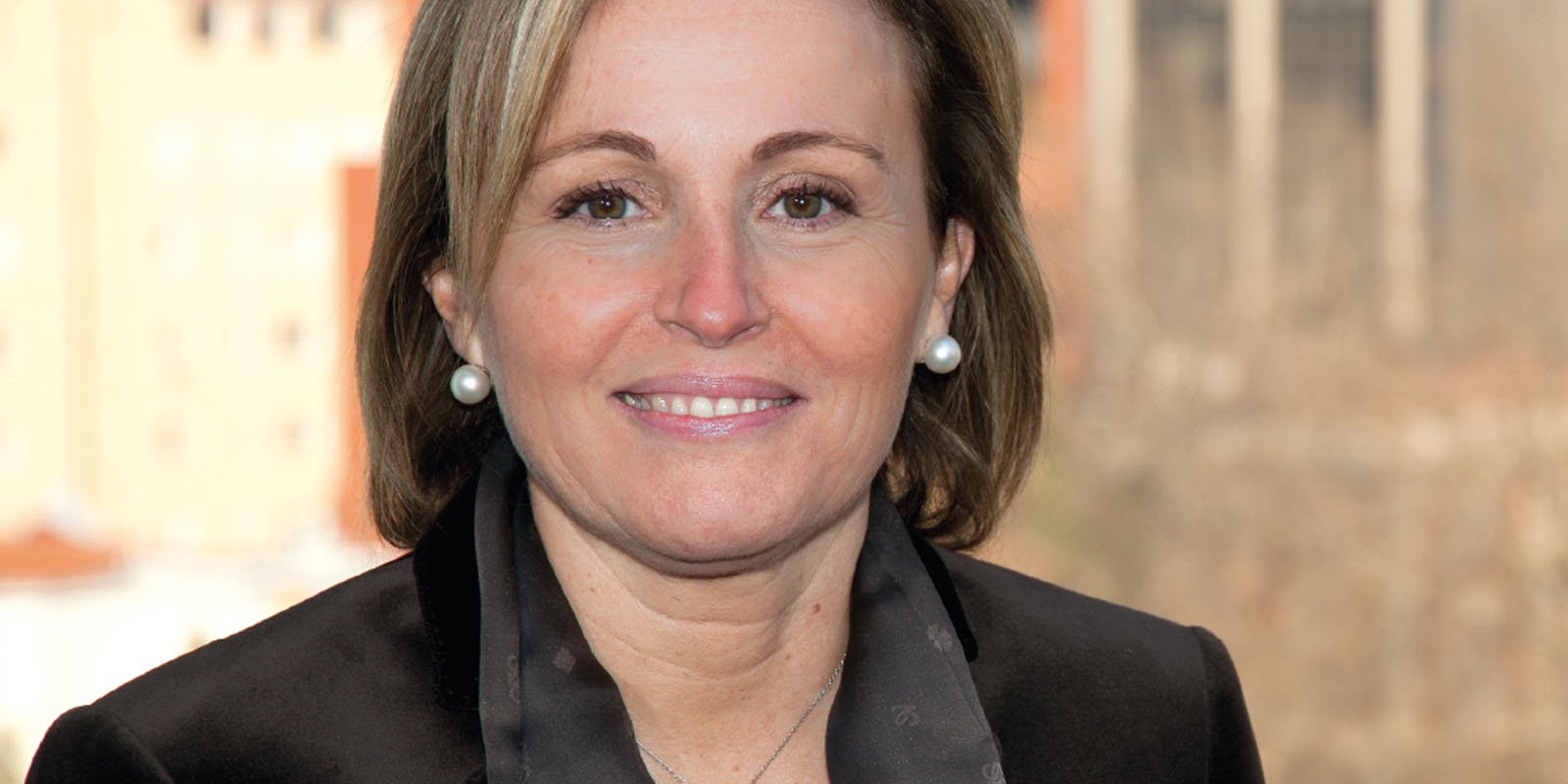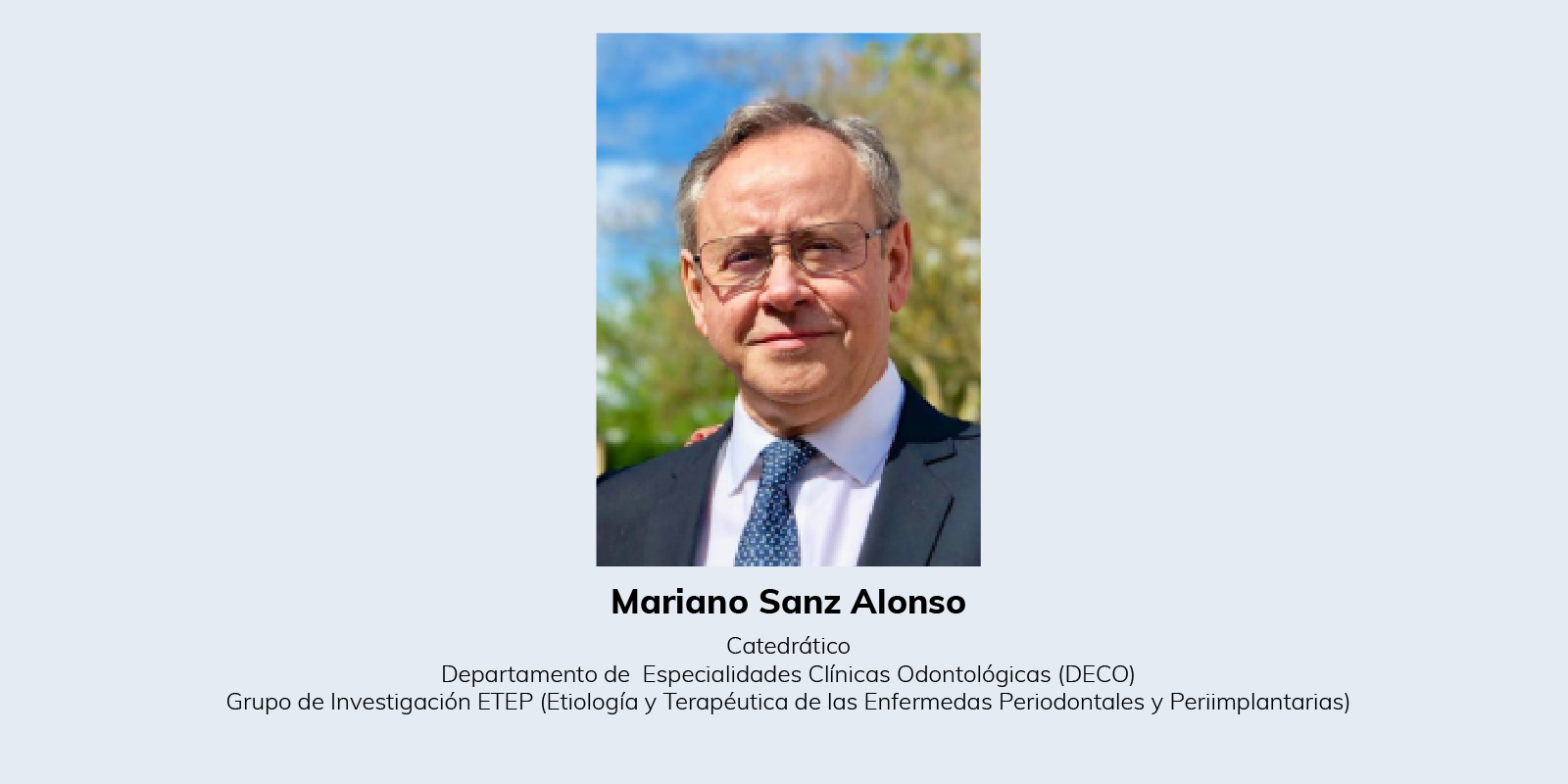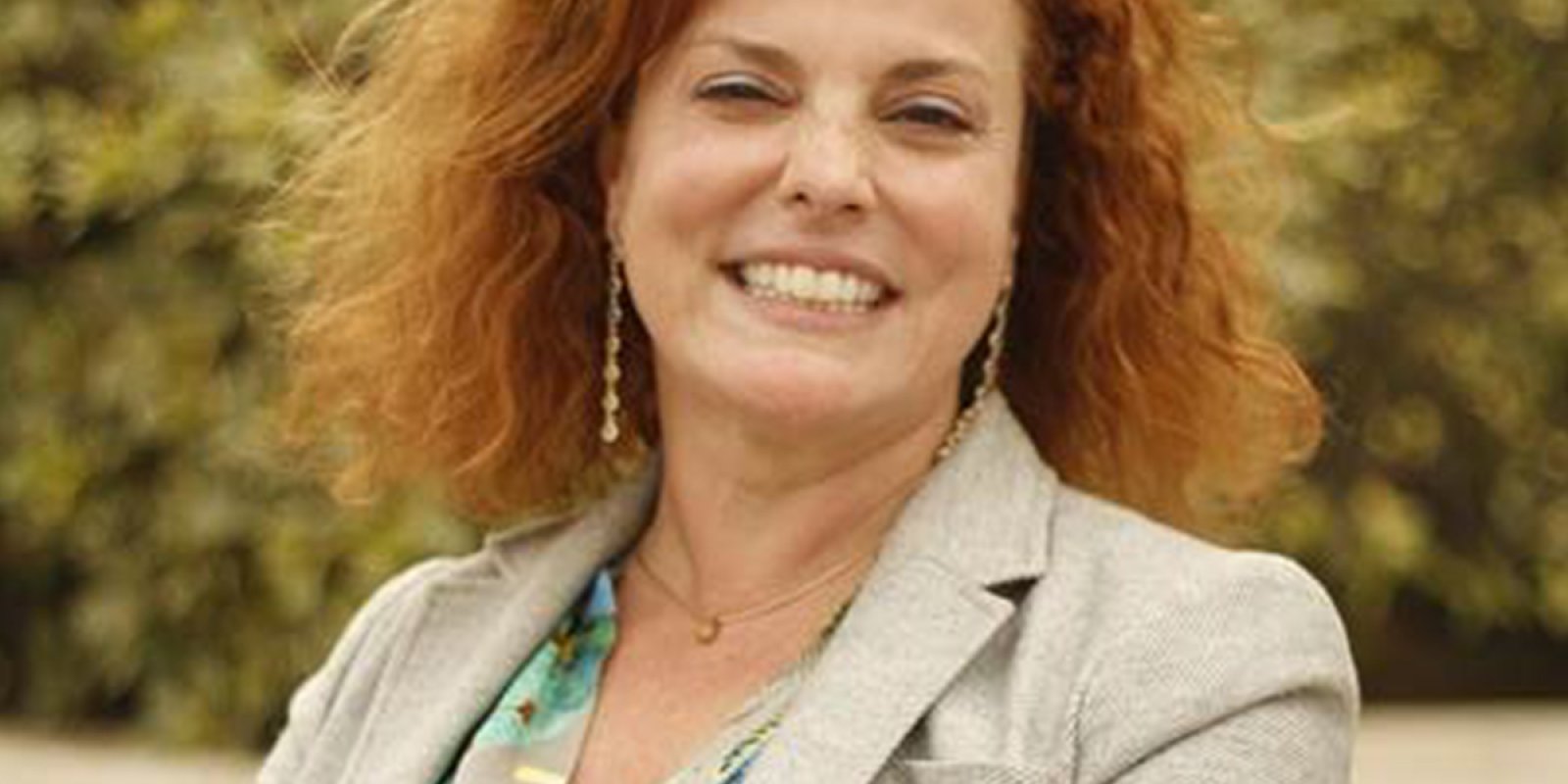DENTAID EXPERTISE
News for dentistry professionals
Doctor Nuria Vallcorba
10 Jul 2017

Doctor of Dental Medicine, Former Chair of SEPA and member of the Royal European Academy of Doctors-Barcelona 1914 (RAED)
Dr. Vallcorba has been granted the Santa Apolonia Award, the highest distinction given by the Spanish General Council of Dentists, and has recently been admitted as a full member of the Royal European Academy of Doctors-Barcelona 1914 (RAED).
It is our pleasure to review the outstanding career of this professional with over 25 years of experience in the field of dentistry, and talk with her about reconciling her professional and personal life, the importance of continuing education, and the role of industry in the development of periodontics, amongst other things.
Former chair of the Spanish Society of Periodontics and Osseointegration (SEPA) and recently awarded the Santa Apolonia Award for your professional career, as well as being a full member of the RAED, you are an example for all female dentists in this country. What advice would you give them?
I have never intended to set an example for anyone. I have only done what many professionals do: strive to work as well as possible, honestly and consistently, and always thinking about what is best for the patient. I am therefore very grateful to my fellow professionals for having considered me worthy of being the chair of the Societat Catalana d'Odontologia de l'Acadèmia de Ciències Mèdiques (Catalan Society of Dentistry of the Academy of Medical Sciences) and the SEPA, and deserving of the Santa Apolonia Award by the Spanish Dental Association.
Has it been difficult to balance your professional and personal life?
No, it has not been easy. I believe that even today professional women sometimes have the feeling of not being in the right place; when we are with the family we think that we should be working and, when we are working, that we should devote more time to the family. But in the end, you realise that the only solution is to dedicate your limited personal time to family and the rest to work. I have also had the good fortune to have a family that supports me and that understands I would not be myself if I could not dedicate myself to the profession I love. What is really important is for women to be able to choose the life they want to lead.
What would you highlight about your time as the SEPA chair?
SEPA is a very prestigious society with considerable scientific activity. It was a very intense period, with the Society growing constantly, having to provide reliable information on oral health, especially on periodontal health, to dentists and patients. We worked towards a professional structure for the Society, allowing continued growth, maintaining scientific rigour as its main focus and opening this scientific information out to dentists, other health professionals such as pharmacists, doctors and hygienists, and to the general public.
How do you cope with the continuous advances in the field of periodontics?
The only way to keep up to date professionally is continued training: reading scientific literature, attending conferences and congresses, and the exchange of a wealth of scientific knowledge with fellow professionals.
“DENTAID has always understood scientific activity and research as indispensable in order to assist professionals and promote patients’ health”
How do you see the role of industry in the development of periodontics?
Their role is essential in the development of periodontics, whether through the research carried out at their laboratories or with their sponsorship of research at universities or other companies. Furthermore, it is necessary in order to get the results of this research out to health professionals and patients. SEPA has always felt it is supported by DENTAID, who beyond their business interest has always understood scientific activity and research as indispensable in order to assist professionals and promote patients’ health.
You have your own clinic where many patients are treated each year. What have you learned after so many years about the management of patients/periodontal disease?
I have had more than 25 years to learn. There would be a lot to tell. But I will focus on what I think is most important. I have learned about the need to listen to patients constantly, to strive to make them feel that what matters most to me is their health, so they feel taken care of. I have learned that the team with which you work is essential and that this team must share your goals. I have learned that you cannot do that if you do not train both yourself and your team over time.
How do you see periodontics in the future? Where do you think the discipline is heading?
Gum disease is really prevalent. Approximately half of all adults have periodontitis and today it looks as if the number of people who suffer it is not falling; in the Western world this may be due to the extraction of fewer teeth and longer life-expectancy. Advanced periodontitis is present in about 10% of the population and the frequency with which it occurs is not changing over time. I think the future will lead to an increase in knowledge of the mechanisms that lead to these diseases, along with enhanced prevention of these pathologies and the development of advanced regenerative and aesthetic techniques. Well-trained professionals will be required to carry this out.
You have also taught undergraduates and postgraduates in different Spanish universities for many years. How do you value your university experience?
It is very stimulating. It helps me to keep learning and it forces me to keep track of what’s going on! There are many dentists who do not receive continued training throughout their lifetimes.
What do you think of that and how do you think it might be dealt with?
For me it is inconceivable. Some people believe that experience is everything, but it is clear that 20 years of experience with developmental training is not the same as one year of experience repeated over and over for 20 years. And I’m sure patients will agree with me. Even if you only consider the patient, I believe that it is best to undertake compulsory continuing education.
What advice would you give young dentists or fresh graduates?
I think they should focus all their efforts on improving patients’ health. If this is their main goal, the rest will take shape around that.
RELATED ARTICLES

13 Dec 2021
Daniele Puzzilli, the dentist of footballer Leonardo Spinazzola
With this pandemic, it has been seen that people pay more attention to their personal care. How important is dentistry in times of COVID-19? The…

09 Jun 2021
Prof. Mariano Sanz, EFP Eminence in Periodontology Award
What does winning the EFP Eminence in Periodontology Award mean to you? It means a lot, as I have been very active in the EFP since it was…

11 Feb 2020
Dr Alejandra Chaparro, Dentist specialising in periodontics and Chair of the IADR Chile
Dr Alejandra Chaparro, the current Chair of the Chilean division of the International Association for Dental Research (IADR), is a dentist who…
Sign up for the DENTAID Expertise newsletter
Sign up for the newsletter